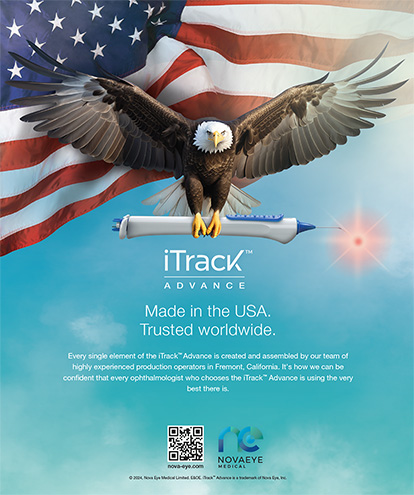What is one topic that you wish was covered at major meetings?
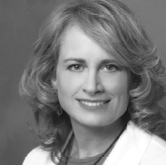
Cathleen M. McCabe, MD
The Eye Associates, Bradenton and Sarasota, Florida
"You asked for one, but I can think of several:
- Diversity issues on the podium, on boards, and in leadership;
- How to integrate allied health workers, physician extenders, and optometrists to meet the work force shortage of the future;
- How to address competency issues with colleagues, competitors, and volunteers, and what are the legal and moral obligations?
- Toxic relationships with patients, colleagues, and competitors; and
- An insider’s perspective on private equity.”
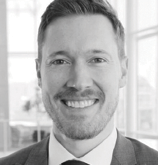
Brandon J. Baartman, MD
Vance Thompson Vision, Omaha, Nebraska
"Conflicts of interest. Physicians’ relationships with industry have been scrutinized in the medical profession for years, but this is an important part of innovation and advancement in our field. There is true value in partnering with industry, but, as with anything in life, there is a line that is not to be crossed. It may be difficult for some to see that line, and opinions on the matter vary. Open discussions calling attention to the positives that those relationships have provided to our field could help to better our beloved specialty.”
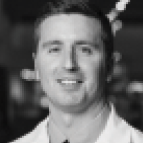
Michael Patterson, DO
Eye Centers of Tennessee
"I wish that true guidelines for comanagement and how optometry and ophthalmology can work in concert without violating the Stark antikickback laws were covered at meetings.”
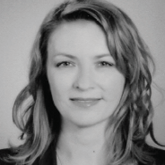
Rana Altan-Yaycioglu, MD, FEBO
Acibadem University, Adana, Turkey
"I would be very much interested in learning about the limits of fellow surgeons. Topics such as, “When I do nothing,” “When I prefer not to implant premium lenses,” and “In which cases I would rather push the limits.” Factors include patient age, status of the eye, accompanying eye disorders, and particular personality types. Another interesting topic would be how to deal with problematic personalities.”
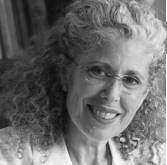
Lisa Brothers-Arbisser, MD
Eye Surgeons Associates, the Iowa and Illinois Quad Cities
John A. Moran Eye Center, University of Utah, Salt Lake City
"There should be a course on all the different model eyes and simulators on which to practice both old and new surgical techniques. A career in ophthalmology should be chock-full of learning curves, and there are many excellent ways to practice before one’s first human case. Over the course of my career, there have been countless substantive changes in cataract surgery. A few of these include phacoemulsification; self-sealing and clear corneal incisions; foldable, diffractive and toric lenses; continuous capsulorhexis; capsular tension rings and things; transition to one port pars plana anterior vitrectomy; femtosecond laser; and microinvasive glaucoma surgery.”




